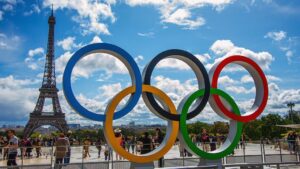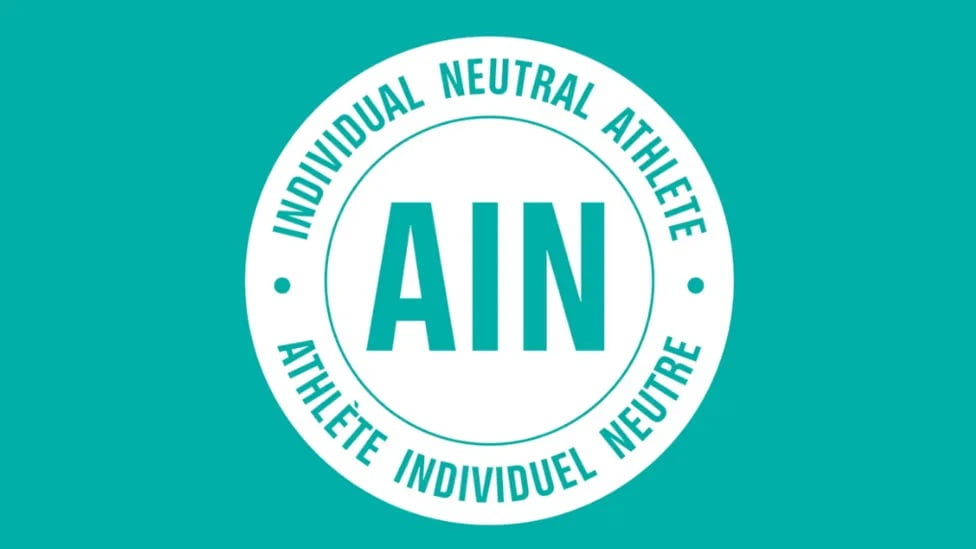ButSpeak.com
News which Matters.

The 2024 Paris Olympics will see Russian and Belarusian athletes competing as Individual Neutral Athletes (AINs), impacting the traditional medal table and Olympic experience.
As the Paris 2024 Olympics approach, the traditional medal table is set to face an unusual shift. Athletes from Russia and Belarus will participate as Individual Neutral Athletes (AINs), a status that will exclude their results from the official medal standings. This decision follows Russia’s invasion of Ukraine, with Belarus providing support—a situation that has led to their exclusion from the Games as full teams.
The International Olympic Committee (IOC) has invited a limited number of athletes from both nations to compete under strict conditions. Only those who can demonstrate they do not support the ongoing conflict or have military affiliations are eligible. This is the fourth consecutive Olympics where Russian competitors will not participate under their national flag due to various international sanctions, dating back to the 2016 Rio Games.
Historically, Russia has sent large delegations to the Olympics and achieved impressive results, even while competing under the Russian Olympic Committee (ROC) or Olympic Athletes of Russia (OAR) banners in past events. However, the landscape will be markedly different this time. The IOC has extended invitations to 36 Russian and 24 Belarusian athletes, though only a fraction have accepted. For comparison, at the Tokyo 2020 Games, Russia sent 335 athletes, while Belarus sent 101.
The selection process has led to significant controversies. The Russian weightlifting federation and judo federation, among others, have declined invitations due to what they term “unsportsmanlike conditions.” These federations have criticized the IOC’s requirements as degrading and have refused to participate under the imposed constraints.
Eligible athletes, now competing as AINs, will face additional limitations. They cannot display their national flags or colors, and their medals will not contribute to the overall medal table. Instead, a neutral flag and a specially composed anthem with no lyrics will replace traditional national symbols during ceremonies.

The absence of many top Russian athletes opens opportunities for competitors from other nations. In sports where Russia has historically excelled, such as artistic swimming and rhythmic gymnastics, their reduced presence could shift the competitive balance.
Among the notable Russian athletes who have accepted their invitations are former world number one tennis player Daniil Medvedev and a selection of tennis players and other sports professionals. Meanwhile, Belarusian athletes like Ivan Litvinovich, the defending men’s trampoline champion, will also participate. However, several prominent athletes from both countries have chosen to decline their invitations.
The Paris 2024 Olympics will thus unfold under these unique circumstances, with the traditional elements of national pride and competition taking on a new, neutral form.